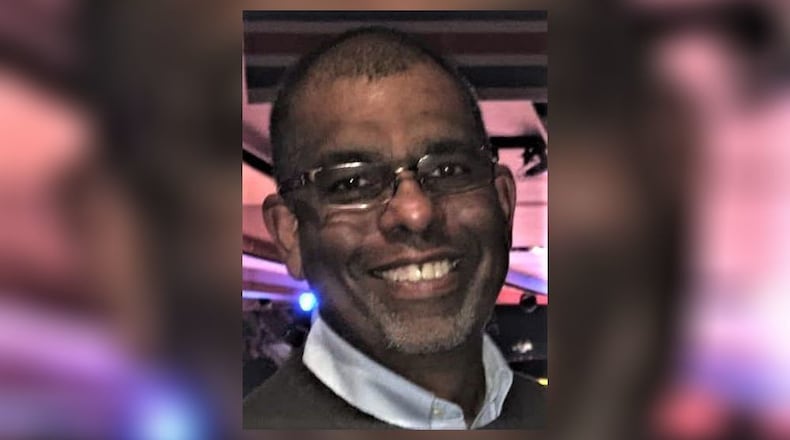Employees rethink need for college degrees in tight labor market.
Several reports note that some of the country’s most prominent employers no longer require a four-year degree for specific middle and high-skill jobs. The Emsi Burning Glass Institute, in conjunction with Harvard University, believes this “degree reset” will change how companies hire and offer more opportunities for employees who have decided not to attend college.
The change is already underway. Google, IBM, Tesla, and Bank of America no longer require four-year degrees for certain jobs. Microsoft currently lists thousands of entry-level software jobs that don’t require a college degree.
The report also makes two damning observations. Colleges and universities, the report said, can’t keep up with the fast pace of change, especially in the tech environment, and they don’t teach the soft skills needed to succeed in a work environment.
The report points to an education system conundrum. Some professors — and I’ve heard them — believe their duty begins and ends with helping students expand their knowledge base. Students — and I’ve heard them, too — want to learn skills that prepare them for the job market and their post-college life.
These students aren’t just talking about internships and job fairs, the standard staple of college job placement efforts. They want to learn how to write a keyword-focused resume that might have a better chance of getting through an automated scanning system. They want to understand how company social media policies can impact their private lives. This may sound elementary, but they want tutoring on navigating those soft skills, like behaving in a professional environment.
Some educators will scoff, believing soft skills discussion isn’t part of higher education instruction. They’re wrong, and the numbers provide the proof.
Local college enrollment continues to drop. Wright State’s enrollment dropped 39% between 2017 and 2022, though first-time undergraduate enrollment increased by nearly 1,300 students between fall 2021 and ‘22. Sinclair Community College and Clark State have all suffered large enrollment declines. Sure, the pandemic hurt enrollment, but the Harvard report and others point to a higher education system on a perilous path.
Higher education doesn’t want to become like the newspaper industry, which lost its financial and audience dominance 15 years ago when it ignored the challenges in front of them.
By 2000, customers were moving to Craigslist, which offered (and still does) free classified ads. Niche sites started selling cars, specializing in employment ads, and even helping match a family with the perfect puppy.
Newspapers insisted, at the time, that customers wouldn’t flock to these new sites because, among other reasons, people trusted newspapers; you can’t trust some nameless, faceless person over the internet.
Well, that was a mistake. The industry made $19.6 billion in classified advertising revenue alone in 2000. By 2012, classified ads dropped to $4.6 billion. Total ad revenue peaked at $49.2 B in 2005 but, by 2020, cratered to $8.8B. Now newspapers, a key institution that helps safeguard our democracy, get closer to extinction each day, as roughly 2,500 print products have closed in the last 15 years.
Education is in the same predicament. We’ll always need higher education to educate doctors, engineers, scientists, and other professionals that require an advanced degree.
But companies can teach their workers how to write basic HTML, fill out a templated web page or write basic marketing materials. This leads students to wonder about the wisdom of going to college and paying back, over decades, the cost of an expensive loan.
Higher education needs to listen to these businesses and figure out how to become more relevant in a changing world. That change won’t happen overnight, but colleges need to move quickly to start making changes students and businesses find useful. A relentless focus on job skills is a good place to start,
Or higher education can do nothing and become like every other industry that died or became a shell of itself because it refused to act.
Ray Marcano’s column appears on these pages each Sunday. He can be reached at raymarcanoddn@gmail.com
Editor’s Note: An earlier version of this column had incorrectly listed Edison State among local colleges with declining enrollment. Edison State has seen an increased enrollment.
About the Author

